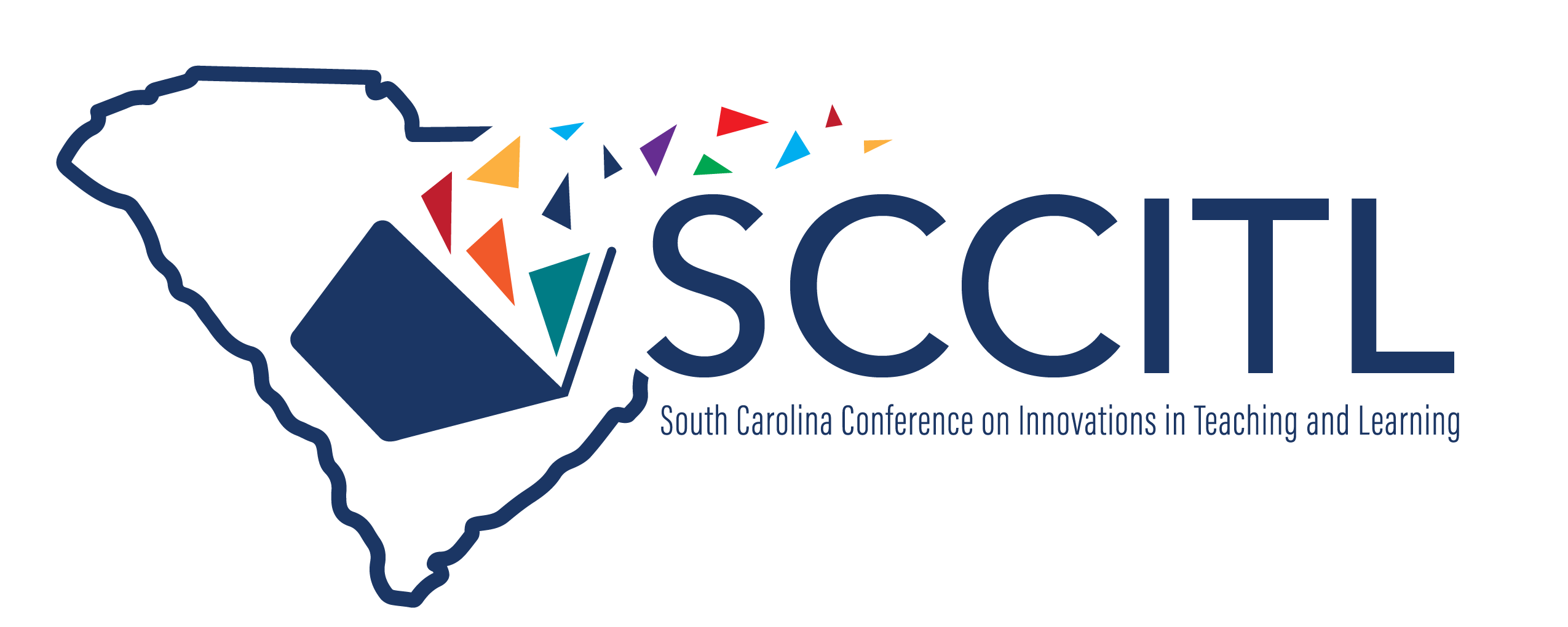Culturally Responsive Teaching- What it is and what it isn't.
Proposal Format
45-minute Presentation
Track Choices
Best Practices in Diversity, Equity, and Inclusion
Abstract
Culturally Responsive Teaching methods has gained a lot of attention in the media and in school districts in the past few years. Many of the assumptions about the practice is not always understood or assumptions are made about the intention of the pedagogy. This presentation will clear up the misconceptions and guide participants in activities to explore how understanding their culture and the culture of their students can improve academic performance with some of our most challenging populations.
Keywords
culturally responsive teaching
Speaker Bio
Dr. Fernandez has served the education community for 38 years. She graduated from the University of South Carolina with a B.A. in Elementary Education. She taught elementary grades 2,3,4, 6 and special education for 11 years. Dr. Fernandez earned a MS degree from the University of Houston- Clear Lake as a Reading Specialist and completed post-graduate work in Education Administration and certification in Special Education and the Superintendency. Her Ed.D. from the University of Houston is in Executive Leadership. After graduating from UH, she became a full-time faculty member in their Educational Leadership program. Dr. Fernandez was an Associate Professor at Houston Baptist University and taught undergraduate, graduate, and doctoral courses in education. She was appointed Dean of the College of Education and Behavioral Sciences in 2018. Dr. Fernandez moved to the Low Country and was appointed Dean of Education at Charleston Southern University in January 2021. Her current research centers on the needs of people with disabilities.
Culturally Responsive Teaching- What it is and what it isn't.
Penny Hall, 310
Culturally Responsive Teaching methods has gained a lot of attention in the media and in school districts in the past few years. Many of the assumptions about the practice is not always understood or assumptions are made about the intention of the pedagogy. This presentation will clear up the misconceptions and guide participants in activities to explore how understanding their culture and the culture of their students can improve academic performance with some of our most challenging populations.


